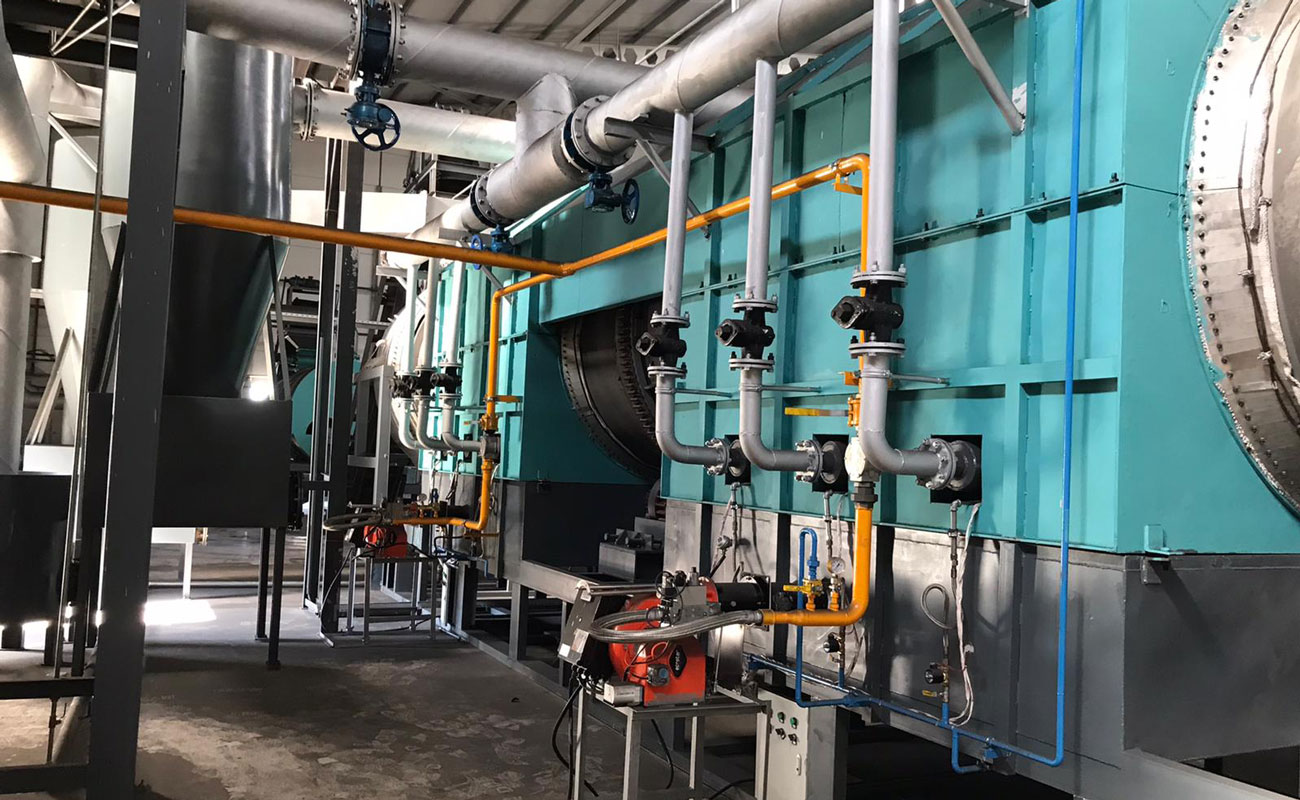In the pursuit of sustainable resource management and environmental conservation, the recycling of jute sticks emerges as a compelling avenue for harnessing renewable energy and reducing waste. Through innovative technologies such as jute stick charcoal making machines, these seemingly mundane agricultural residues can be transformed into valuable biochar, offering a sustainable solution with manifold benefits for communities, industries, and the environment.
Understanding the Significance of Jute Stick Recycling
Jute, often hailed as the “golden fiber,” holds immense economic significance in various industries, particularly in textiles. However, the cultivation of jute leaves behind a substantial volume of jute sticks, which are traditionally discarded or left to decompose, contributing to environmental degradation and resource inefficiency. Harnessing the potential of jute sticks through recycling not only mitigates waste but also unlocks valuable resources for energy production and soil enhancement.
Introducing Jute Stick Charcoal Making Machines
At the forefront of jute stick recycling lies jute stick charcoal making machine, sophisticated apparatus designed to convert jute sticks into high-quality charcoal through a process known as pyrolysis. Pyrolysis involves heating biomass in the absence of oxygen, leading to the decomposition of organic matter and the formation of biochar, bio-oil, and syngas. By harnessing this technology, jute stick charcoal making machines offer a sustainable and cost-effective solution for valorizing jute residues.
Exploring the Benefits of Jute Stick Charcoal Production
The production of charcoal from jute sticks presents a myriad of benefits, spanning environmental, economic, and social dimensions. Firstly, it mitigates the environmental impact of jute cultivation by diverting jute sticks from landfills and reducing greenhouse gas emissions associated with decomposition. Moreover, biochar produced from jute sticks serves as a valuable soil amendment, enhancing soil fertility, moisture retention, and carbon sequestration, thus promoting sustainable agriculture and mitigating soil degradation.
Enhancing Energy Security and Resource Efficiency
In addition to soil enhancement, the charcoal produced from jute sticks serves as a renewable energy source, contributing to energy security and reducing reliance on fossil fuels. The utilization of jute stick charcoal in cooking, heating, and industrial processes not only mitigates carbon emissions but also fosters resource efficiency by valorizing agricultural residues that would otherwise go to waste. This dual-purpose approach underscores the potential of jute stick charcoal production as a sustainable energy solution.

Advancements in Jute Stick Charcoal Making Technology
The evolution of jute stick charcoal making machines has ushered in significant advancements in process efficiency, product quality, and operational versatility. Modern machines incorporate state-of-the-art pyrolysis technologies, such as fluidized bed reactors and continuous feeding systems, to optimize production parameters and maximize yield. Furthermore, innovative designs facilitate the integration of waste heat recovery systems, reducing energy consumption and enhancing overall sustainability.
Market Opportunities and Economic Viability
The growing demand for sustainable energy solutions and organic soil amendments presents lucrative market opportunities for jute stick charcoal producers. With increasing awareness of environmental issues and regulatory incentives for renewable energy utilization, the market for jute stick charcoal is poised for expansion. Additionally, the economic viability of jute stick charcoal making equipment is bolstered by their ability to generate multiple revenue streams from biochar, bio-oil, and syngas production.
Community Engagement and Rural Development
Jute stick charcoal production not only offers environmental and economic benefits but also contributes to rural development and community empowerment. By providing an additional source of income for jute farmers and rural entrepreneurs, charcoal making initiatives stimulate local economies and alleviate poverty. Moreover, community-based charcoal production ventures foster knowledge sharing, skill development, and social cohesion, laying the foundation for sustainable development and inclusive growth.
Challenges and Opportunities for Scaling Up
Despite its potential, the widespread adoption of jute stick charcoal production faces several challenges, including technological barriers, market dynamics, and policy constraints. Addressing these challenges requires collaborative efforts from government agencies, research institutions, industry stakeholders, and civil society organizations. By fostering innovation, promoting market incentives, and enacting supportive policies, stakeholders can unlock the full potential of jute stick charcoal production and accelerate the transition to a circular economy.
Conclusion
In conclusion, jute stick charcoal making machines offer a sustainable solution for jute stick recycling, harnessing agricultural residues to produce valuable biochar and renewable energy. By leveraging innovative technologies, market opportunities, and community engagement, jute stick charcoal production holds immense potential to mitigate waste, enhance soil fertility, and foster rural development. As we navigate the challenges of sustainable resource management and climate change mitigation, investing in jute stick charcoal production represents a step towards a more resilient and sustainable future.

Comments
No comments yet. Be the first to react!